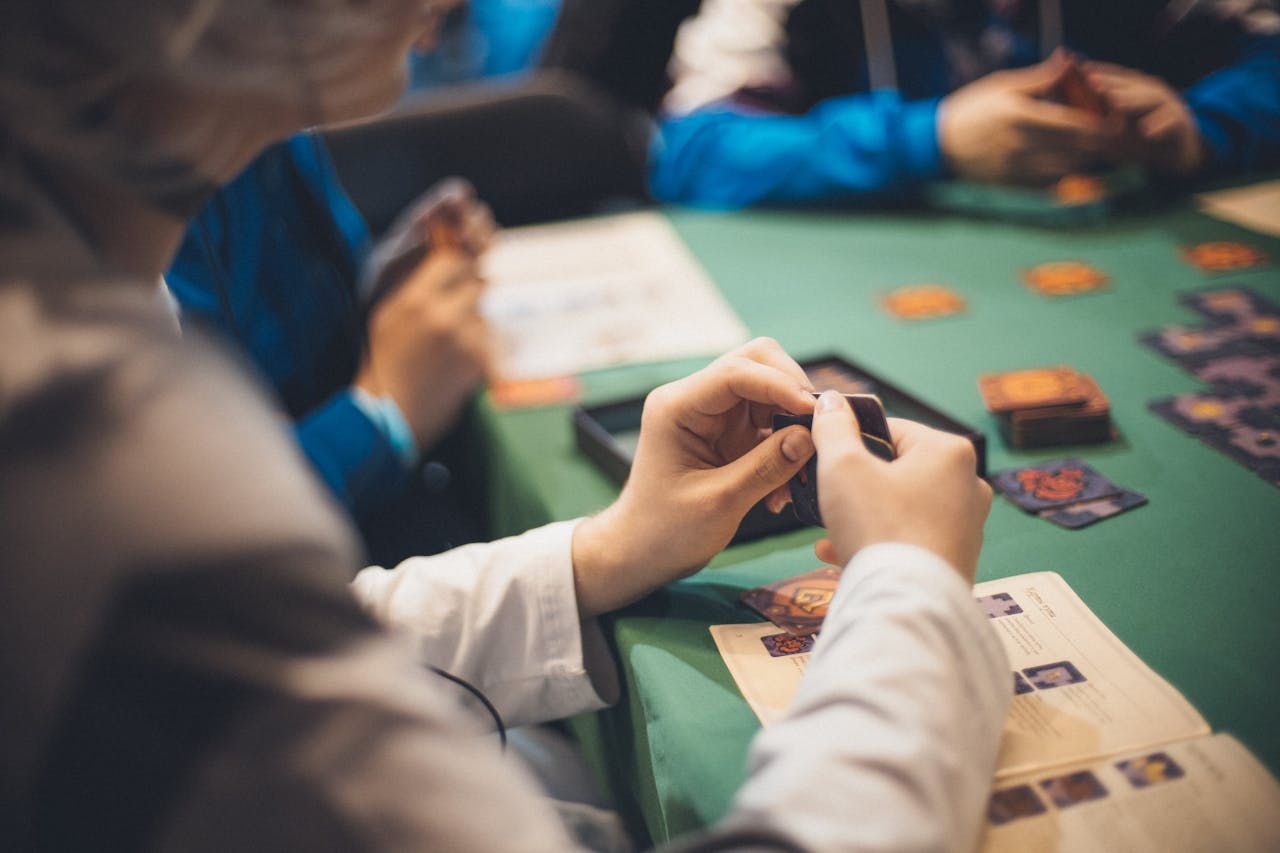The Middle Ages, spanning from the 5th to the 15th century, marked significant developments in gambling, including the rise of card games and the establishment of the first wagering houses. This evolution continued into the Colonial Era, where gambling practices adapted to the New World, further laying the groundwork for today’s wagering sites.
The Rise of Card Games
Deck activities became central to medieval gambling, spreading from China to Europe by the late 14th century. Early European pastimes like tarot were used for both playing and divination and were popular in taverns, courts, and festivals.
- Origins: Likely originated in China, spreading to Europe by the 14th century.
- Social Interaction: Card games were popular in taverns, royal courts, and festivals.
Early Gambling Houses
The first wagering houses, such as Venice’s Ridotto (1638), provided controlled environments for wagering, ensuring fairness. These establishments marked the beginning of regulated gambling..
- First Betting Houses: Appeared in Italy during the Renaissance, such as the Ridotto in Venice (1638).
- Popular Games: Dice activities and card pastimes were favorites in these establishments.
- Gambling in the Colonial Era
As European settlers arrived in America, they brought with them their wagering traditions, which quickly took root in the colonies. The Colonial Era saw diverse gambling pursuits, from deck activities to lotteries and horse racing, reflecting the settlers’ varied backgrounds
- Card Games: Continued to be popular among settlers, played in taverns and homes.
- Lotteries: Used to fund public projects, such as roads, bridges, and even universities like Harvard and Yale.
- Horse Racing: A favorite pastime, especially in the southern colonies, attracting large crowds and significant gambles.
Cultural Attitudes and Regulation
While betting was widespread, it was also subject to moral scrutiny and regulation. In both the Middle Ages and Colonial Era, authorities implemented regulations to control betting and prevent its potential harms.
- Religious Perspectives: The Church and colonial leaders often viewed wagering with suspicion, associating it with vice.
- Social Acceptance: Despite this, betting was widely accepted as a form of entertainment and social interaction.
Summary
From the rise of deck games and the establishment of early gambling houses in the Middle Ages to the diverse wagering practices of the Colonial Era, the evolution of betting reflects a deep-seated human fascination with chance.These historical events have had a significant impact on the design and regulation of modern gambling sites, such as gamegram.com, emphasizing the continued appeal of betting in different eras and cultures.
